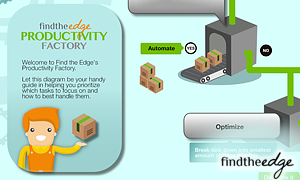 What’s the biggest time waster in your business? I’ll lay a large bet it's not too much email, or employees checking their Facebook accounts – it’s almost certainly business development, or rather business development efforts that don't go anywhere.
What’s the biggest time waster in your business? I’ll lay a large bet it's not too much email, or employees checking their Facebook accounts – it’s almost certainly business development, or rather business development efforts that don't go anywhere.
For example, how many hours does your firm spend writing proposals for clients and projects that lead to nothing? Is there any way to reduce your exposure to these time wasters?
Here are my thoughts on the matter…
1. Make sure they're committed first
When a potential client asks you for a proposal, they may simply be using it as an end-point to get you off the phone.
Your company then wastes time and resources creating a proposal and following up, but they don't call you back. Is this ringing any bells?
The best way to combat this is to get some form of commitment before you agree to write the proposal for a client. I'd suggest saying something along these lines…
“Would you like me to put some ideas into an email? If you'd like, I'll call you next week and we can talk them over to see if your needs are met by what we can offer.”
If the client is reluctant to commit to this idea, it's worth thinking about how likely they are to take action. Put your thoughts into an email, but don't waste any more time than that.
2. Ensure they have the resources to afford you
While fees should always have some degree of flexibility to them, and you don't want to immediately scare clients off – it does make sense to be honest and open about how much your services are likely to cost.
If they can't afford you, there's no point wasting time skirting around the issue. If you can, provide a ball-park figure, and don't avoid the issue if they ask you how much it's likely to cost at any point.
If they can't commit to a likely budget, investigating whether there's any chance of the budget being available before you commit time to writing a proposal is wise.
You may want to ask the following to uncover this information:
- Do you have a budget in place for the likely cost of this work?
- Do you have a budget in place for the work?
- Who will have to sign off the fee for the work before we can move forward?
3. Are they actually looking for a formal proposal?
In many cases, the client isn't actually interested in a formal proposal. A swiftly composed email, that details the key points, may be all they're looking for to get things going.
Before sitting down to draft the proposal, do check they actually want, or need a proposal to move things forward.
4. Create a definite ‘go-or-no-go checklist'
It's likely that you already have a good amount of collective knowledge about what often converts and serves as good work for clients, and what should be avoided.
This information can be used to create a weighted ‘go-or-no-go' checklist that partners and fee earners can make use of before committing any solid resources to a tender or a lead.
What techniques does your organisation use to reduce the risk it faces from dead-end clients and projects? Let me know by posting below.





